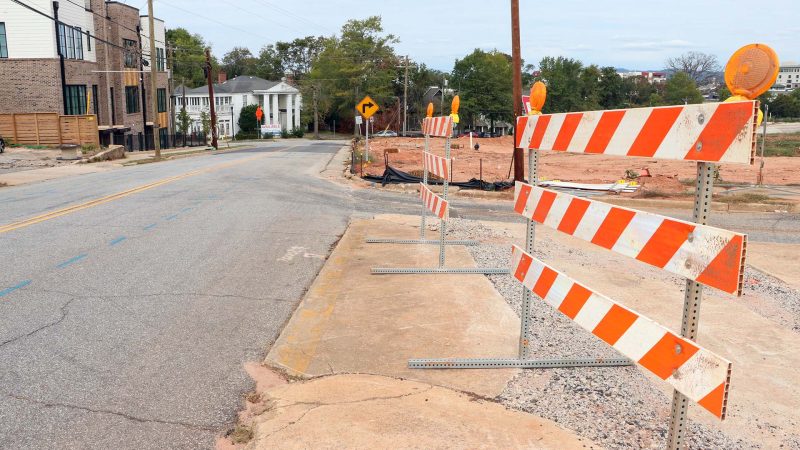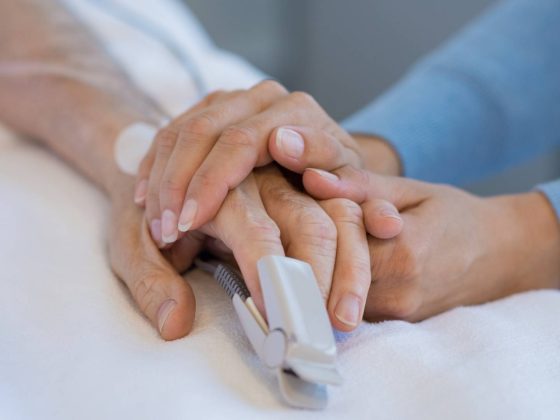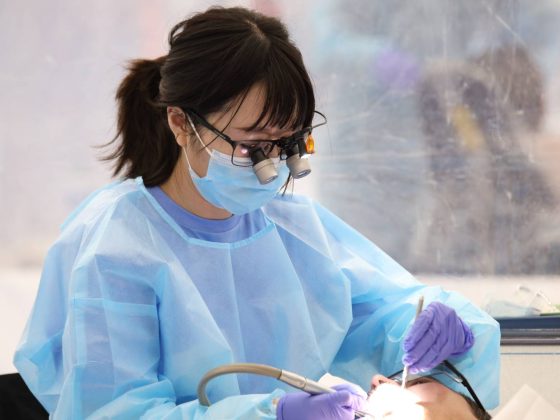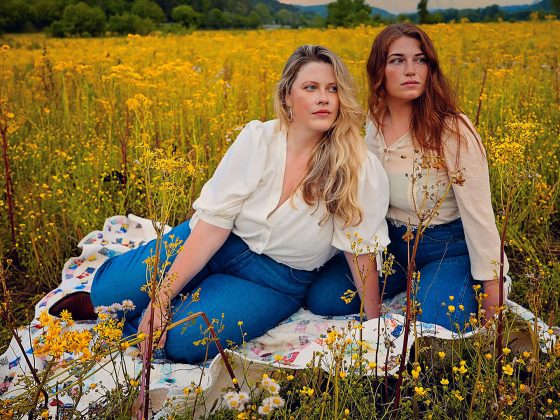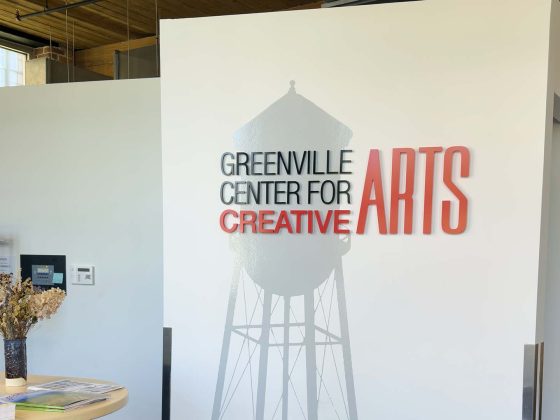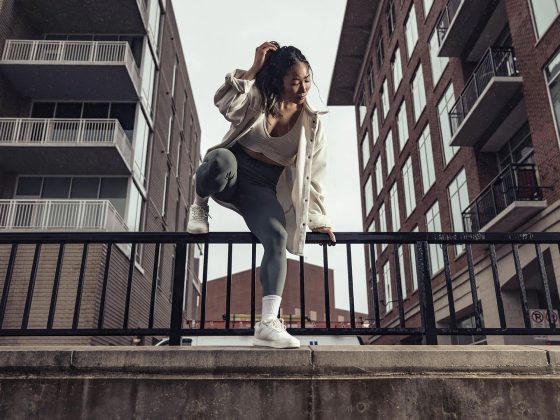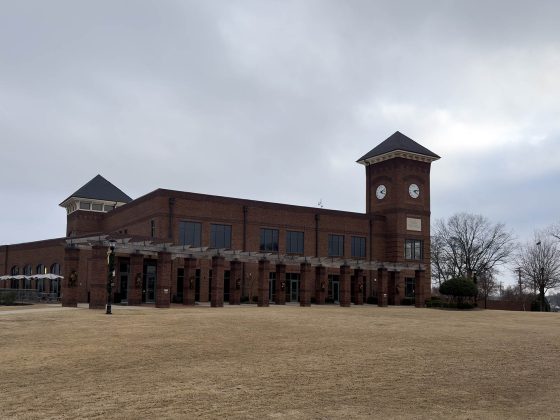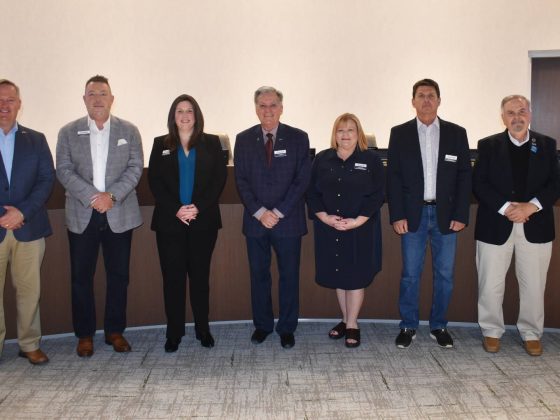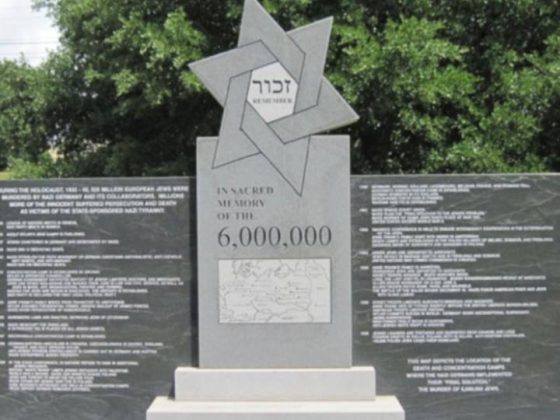Here’s a recap of the Jan. 13 meeting of Greenville City Council.
Final approval: West End parking garage development agreement
Council gave final approval for the city to enter into a development agreement with RocaPoint Partners to build a new public parking garage in the West End. The city will allocate $13.38 million to cover the project’s cost.
RocaPoint Partners, the $1 billion County Square project developer, will design and build the 400-space parking garage on Howe Street and a pedestrian walkway connecting to Augusta Street. The project is expected to be completed in March 2026.
Initial approval: Housing impact analysis for accommodations tax funds
The city of Greenville seeks to use a portion of its accommodations tax revenue to develop affordable workforce housing, permitted under South Carolina Act 57. The act specifically allows up to 15% of both local and state accommodations tax revenue to be used for creating workforce housing.
Under Act 57, the city is required to create a housing impact analysis to use its state accommodations tax funds for workforce housing. The analysis provides an overview of the city’s housing market and conditions, construction and development costs, economics and employment analysis, and a review of barriers impacting housing.
According to the housing impact analysis, the city has the opportunity to use approximately $2 million from local accommodations taxes and $300,000 from state taxes toward affordable housing projects.
The analysis was approved by the city’s Planning Commission Jan. 7. Council gave initial approval to incorporate the analysis into the GVL2040 Comprehensive Plan following a public hearing Monday night.
Approved: Settlement agreement with short-term rental companies
The city of Greenville is one of the plaintiffs in a pending lawsuit out of Charleston County against several short-term rental companies, including Airbnb, Tripadvisor and Vrbo. The lawsuit was filed in 2021 by several municipalities in South Carolina to recover unpaid local accommodations and business license taxes for short-term rentals.
Council approved a resolution consenting to a settlement agreement with the defendants in the lawsuit. The agreement must be approved by all plaintiffs in the lawsuit.
Approved: Abandoned textile mill certification for Conestee Mill property

Council unanimously approved an abandoned textile mill certification for the old Conestee Mill site under the South Carolina Textile Communities Revitalization Act.
Kantasta LLC and Lake Conestee Dam Restoration Project LLC are redeveloping the property which is located near Conestee Road and Spanco Drive. The act grants state income tax credits of 25% of the qualified rehabilitation expenses for the site.
Review: Abandoned building certification for 700 Arlington Ave.

Council reviewed an abandoned building certification application for the historic structure at 700 Arlington Ave. during its Jan. 13 work session. The local landmark was most recently used as the Greenville Cultural Exchange Center.
Jordon Construction Co. is renovating the building. Once work is complete, the restored building will include office space for minority-owned businesses, gathering space and space to display historic African American artifacts from the Greenville Cultural Exchange Center.
James Jordon, president of Jordon Construction Co., said approximately $612,000 is being invested to restore the historic building. With the abandoned building certification, the developer can receive state income tax credits of 25% of the property’s actual rehabilitation expense.
Council is expected to formally vote on the item Jan. 27.
Additional items
- Council gave final approval for City Manager Shannon Lavrin to terminate the reverter clause in the deed to the American Legion Post 3’s property at 430 N. Main St. This action would allow an interested developer, currently known as 426 N. Main LLC, to purchase the property for a future project.
- Initial approval was given by council to appropriate approximately $2 million in the capital projects fund for the additional proceeds of the second round of the neighborhood infrastructure bond. The additional proceeds will go toward capital projects.

